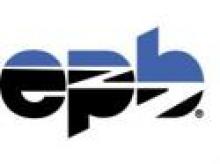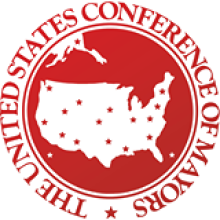Chattanooga Will Ask FCC to Preempt State Barriers in Tennessee
Since January, when the DC Circuit Court of Appeals suggested the FCC has the authority to preempt state anti-muni laws, local communities have publicly supported the notion. Chattanooga's Electric Power Board (EPB) will join those communities when it petitions the FCC to preempt similar laws in Tennessee, reports The Center for Public Integrity.
Danna Bailey, vice president of corporate communication at EPB recently told The Center:
“We continue to receive requests for broadband service from nearby communities to serve them,” Bailey said. “We believe cities and counties should have the right to choose the infrastructure they need to support their economies.”
Chattanooga, one of the publicly owned networks that have inspired FCC Chairman Tom Wheeler, has proved itself as a strong economic development tool. According to the article:
A day after his meeting with Berke, Wheeler wrote in his blog, “I believe that it is in the best interests of consumers and competition that the FCC exercises its power to pre-empt state laws that ban or restrict competition from community broadband. Given the opportunity, we will do so.”
A number of other communities with municipal networks, or in the process of deploying them, have passed Resolutions that support the FCC:



